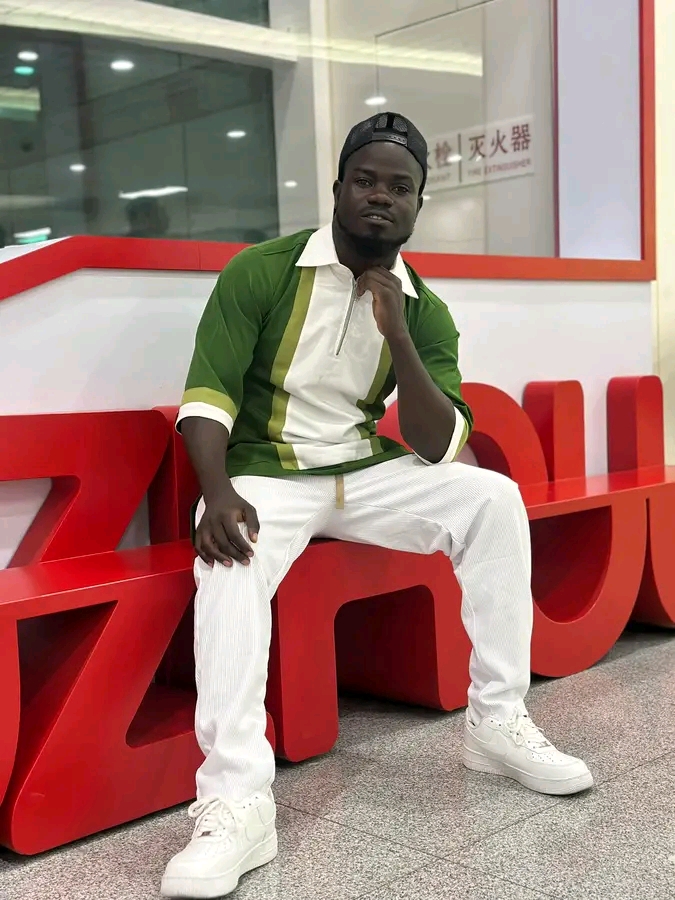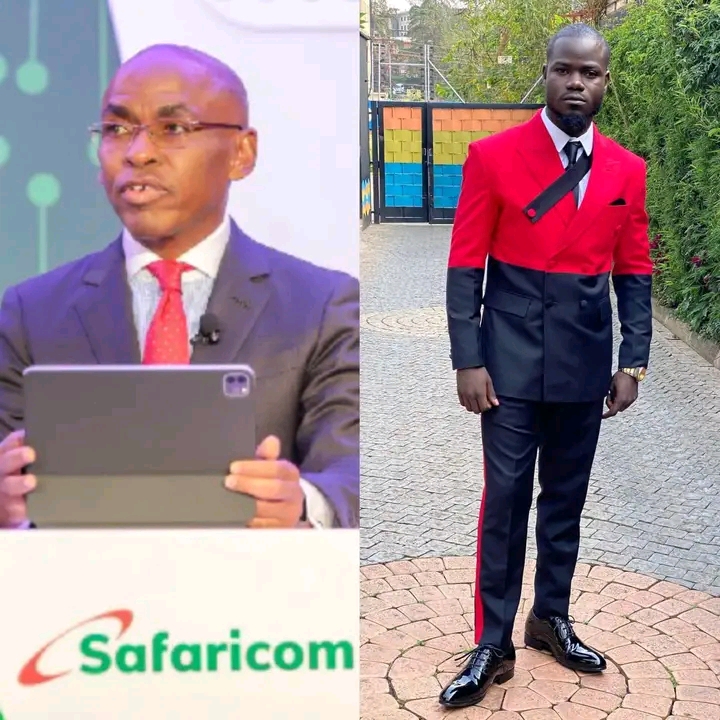
Comedian and radio presenter David Oyando, popularly known as Mulamwah, has found himself in a frustrating online ordeal after his WhatsApp account was allegedly hacked. The entertainer, who enjoys a massive following on social media, raised concerns that he could no longer access his WhatsApp line, sparking fears that his personal information and contacts might have been compromised.
In response to his public complaint, Safaricom PLC issued a statement clarifying the situation. The telecommunications giant confirmed that Mulamwah’s mobile line had been barred on Thursday, September 18, 2025, at exactly 1:47 a.m. However, the company emphasized that it does not operate or control the WhatsApp platform.
“David, we can confirm we replied by email that the number was barred as of 18/9/2025 01:47:17 AM. Please check. WhatsApp is not a Safaricom service; therefore, we can only recommend that you engage the platform directly,” read a response from Safaricom Care.

The company went further to share WhatsApp’s official support page link with Mulamwah, advising him to lodge a complaint directly with the Meta-owned messaging platform for swift intervention. Safaricom noted that barring the line was only a security measure on their end but restoring access to a hacked WhatsApp account could only be handled by WhatsApp’s internal team.
Mulamwah’s hacking scare has reignited conversations around cyber security and digital safety in Kenya, especially as more public figures and ordinary citizens continue to fall victim to online fraudster. Cyber security experts have long warned that hackers target social media and messaging platforms to spread scams, impersonate victims, or demand ransom.
For many Kenyans, WhatsApp has become a crucial tool for communication, business, and social interaction, making any compromise of an account a deeply unsettling experience. Safaricom’s clarification highlights a common misconception among users who often assume mobile service providers have direct control over third-party apps like WhatsApp, Facebook, or Instagram.The incident also serves as a reminder to the public to safeguard their digital accounts by enabling two-step verification, regularly updating passwords, and remaining vigilant against suspicious links or messages.
As of Friday morning, Mulamwah had not yet confirmed whether he regained access to his account. Meanwhile, his fans continue to rally behind him online, urging WhatsApp to act swiftly to restore his account and prevent further misuse of his personal details.
